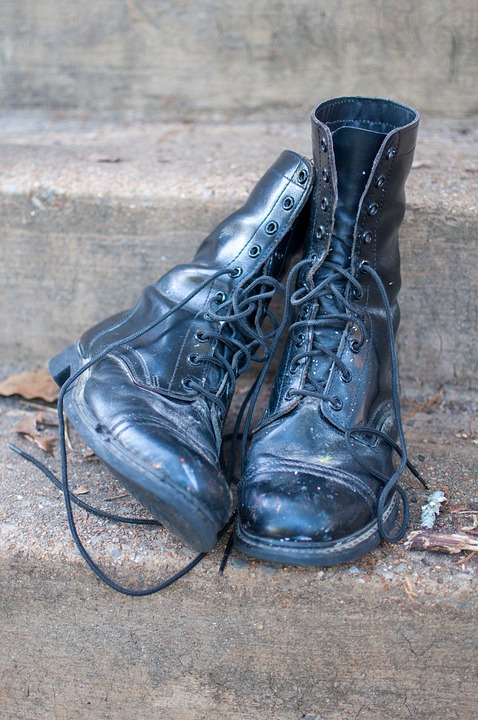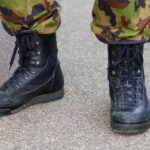Understanding PTSD and Combat Trauma: The Impact of War
War has always been a brutal and traumatic experience for those involved in it. Over the years, research has shown that soldiers who have been in combat situations are at a higher risk of developing Post-Traumatic Stress Disorder (PTSD) and other psychological issues. The impact of war on a person’s mental health can be profound and long-lasting, affecting not only the individual, but also their families, friends, and communities.
What is PTSD?
PTSD is a mental health condition that can develop in people who have experienced or witnessed a traumatic event such as combat, natural disasters, or violent assaults. Symptoms of PTSD can include flashbacks, nightmares, severe anxiety, and uncontrollable thoughts about the event. These symptoms can be debilitating and can significantly interfere with a person’s ability to function in daily life.
For veterans who have been in combat situations, the risk of developing PTSD is particularly high. The constant exposure to violence, death, and destruction can have a profound impact on a person’s mental health, leading to symptoms of PTSD that can last for years, or even a lifetime.
The Impact of Combat Trauma
Combat trauma refers to the psychological effects that combat experiences can have on a person’s mental health. Being in a war zone can expose soldiers to extreme levels of stress, fear, and anxiety, which can lead to the development of PTSD or other mental health conditions. The impact of combat trauma can be long-lasting and can affect every aspect of a person’s life.
One of the key factors that contribute to the development of PTSD in combat veterans is the intense and prolonged exposure to violence and trauma. Soldiers who have been in combat situations may witness or experience horrific events that can have a lasting impact on their mental health. The constant threat of danger, the loss of comrades, and the physical and emotional toll of war can all contribute to the development of PTSD.
Effects of PTSD and Combat Trauma
The effects of PTSD and combat trauma can be devastating not only for the individual, but also for their families and communities. People with PTSD may struggle to maintain relationships, hold down a job, or cope with everyday stressors. The symptoms of PTSD can also lead to substance abuse, self-harm, and suicidal thoughts. Combat veterans with PTSD may also experience feelings of guilt, shame, and isolation, which can further exacerbate their symptoms.
The impact of PTSD and combat trauma can also extend to the families of veterans. Family members may struggle to understand the behavior changes and emotional turmoil that their loved one is experiencing. They may also face challenges in providing support and care for their loved one, which can strain their own mental health. Children of veterans with PTSD may also be affected, experiencing anxiety, depression, and other mental health issues as a result of their parent’s trauma.
Treatment and Support for Veterans with PTSD
It is crucial for veterans with PTSD to seek treatment and support to help them cope with their symptoms and improve their quality of life. There are several effective treatments available for PTSD, including cognitive behavioral therapy, medication, and support groups. Therapy can help veterans learn how to manage their symptoms, improve their coping skills, and address the underlying issues that contribute to their PTSD.
In addition to seeking professional help, veterans with PTSD can also benefit from support from their families, friends, and communities. Having a strong support network can help veterans feel less isolated, more understood, and more connected to others who have had similar experiences. Peer support groups, community organizations, and online resources can provide veterans with a sense of belonging and validation.
Conclusion
The impact of war and combat trauma on a person’s mental health cannot be understated. The constant exposure to violence, fear, and trauma can have a profound and lasting impact on a person’s well-being, leading to symptoms of PTSD and other mental health conditions. It is crucial for veterans who have been in combat situations to seek help and support to address their symptoms and improve their quality of life.
By understanding the effects of PTSD and combat trauma, we can better support and care for our veterans as they navigate the challenges of returning to civilian life. With the right treatment and support, veterans with PTSD can learn to cope with their symptoms, heal from their trauma, and move forward with their lives.


